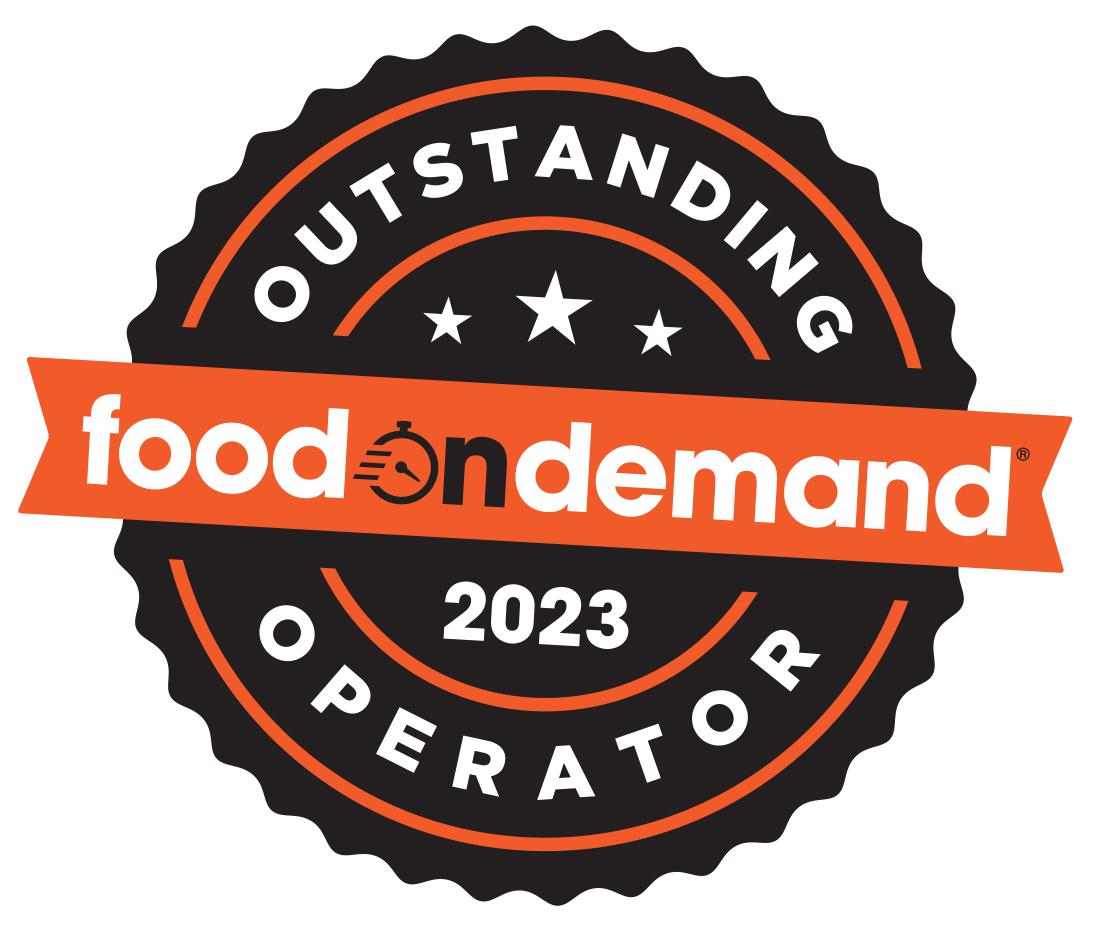The delivery and convenience tech stack keeps expanding and the money keeps coming. Onfleet, a B2B software-as-a-service delivery enabler, is the latest with a $14-million series A investment round led by Kennet Partners.
The San Francisco-based company handles the last-mile delivery logistics, helping companies that want to do their own deliveries but with all the tools of a high-tech institution. Onfleet doesn’t provide drivers, generate demand or enable orders. Instead, it is laser focused on helping in-house drivers get to the customer as efficiently as possible.
“We take care of everything from dispatching to routing, when the order comes from an ecommerce system, we take it from there. Plan the routes, direct the drivers, track the drivers via their device and collect proof of delivery from the field,” said Onfleet co-founder and CEO Khaled Naim. “We power that seamless customer experience.”
Naim said they’ve been powering a lot of experiences lately. Since February, the company has onboarded more than 500 new clients looking to make a pandemic pivot, and it now has more than 1,000 clients in the system. In all, Onfleet is providing the logistics for an exceptional number of deliveries each day.
“Obviously, consumers trends are shifting toward delivery, retailers can’t depend on foot traffic like they used to. Delivery is exploding across the world we’ve doubled our delivery volume this year to over 100,000 deliveries a day,” said Naim. “It seems like it’s not slowing down, I think that will continue for the long-term. Consumer behaviors are changing and COVID has accelerated that.”
He said the common thread between the retailers, restaurants, grocers and startups is the desire to take control of local delivery. The key to the product, like many restaurant order integrators, is it’s specialized but sourcing agnostic—it will take any order and plug it in. Naim said are many out-of-the-box integrations, an API and the ability to manually enter orders or upload a spreadsheet of orders. He said it allows companies to focus on getting orders, not the end logistics.
“That’s really the realization we had when we got started, a lot of companies were doing it themselves but reinventing the wheel over and over again and there wasn’t really a need to do that,” said Naim. “It’s kind of a solved problem. A company doesn’t need to innovate here, they can innovate on their product on getting customers or building a marketplace. They don’t need to focus on this anymore, we abstract that away.”
A big selling point for data-savvy firms, Naim said his company shares all the customer data. Whether that’s used to ID key markets or marketing areas or where to put a location, he said, it’s all there for processing.
As for the funding, Naim said it seemed like the right time to go big. Founded in 2015 and profitable in 2018, he said it wasn’t cash to burn but will be used to scale into a very receptive market. He said it will go toward more staff and to expand the platform with new tools for customers.




